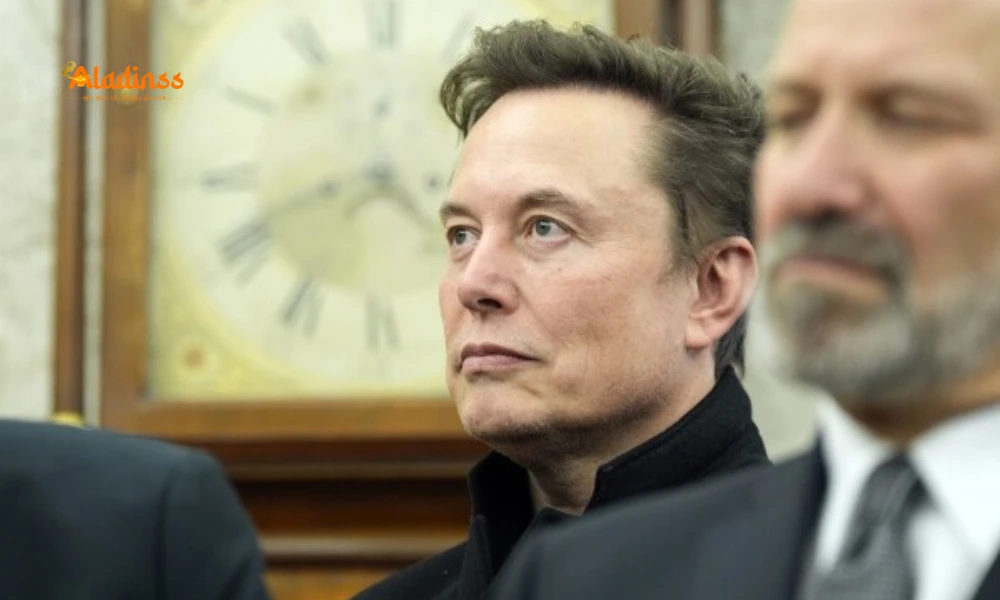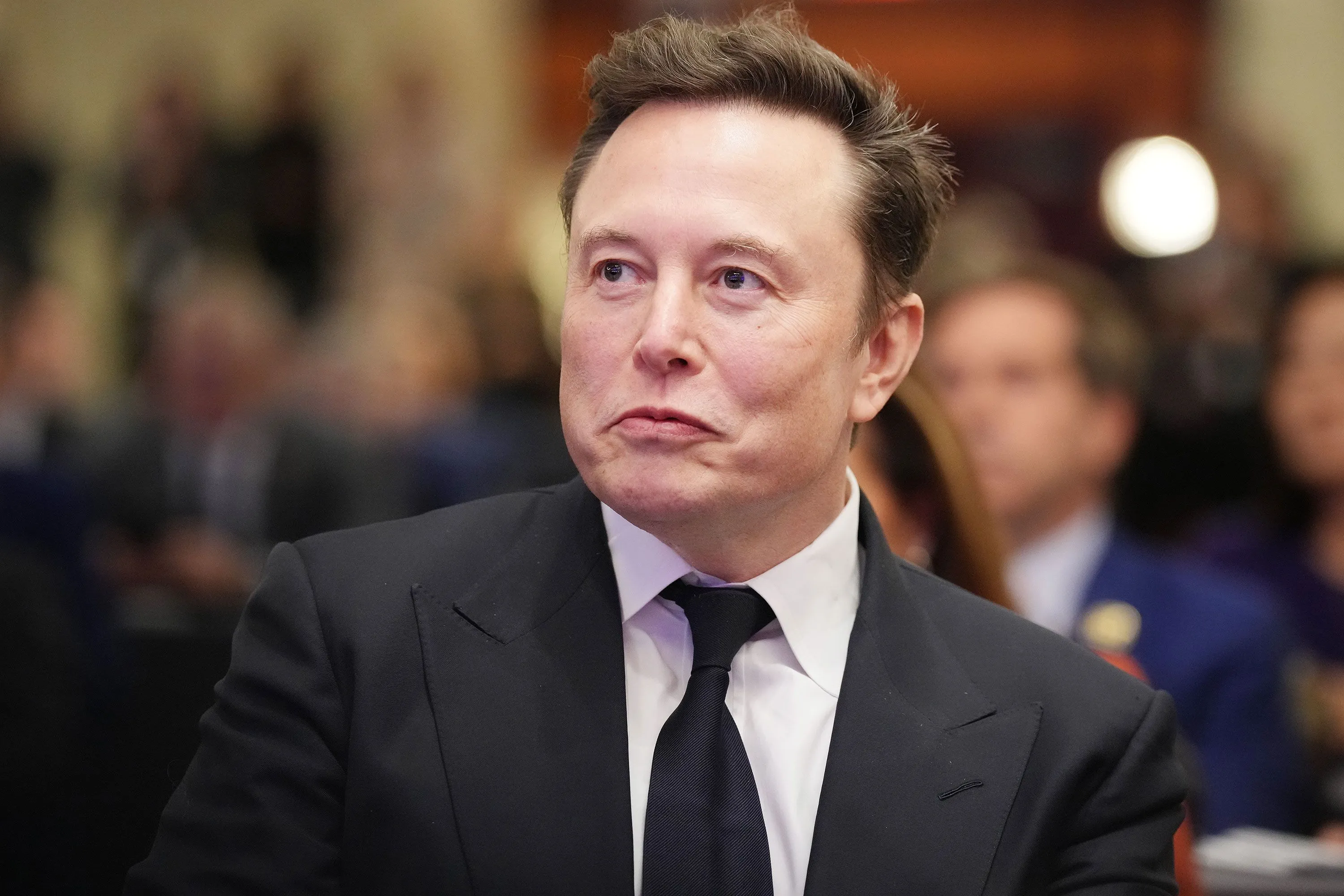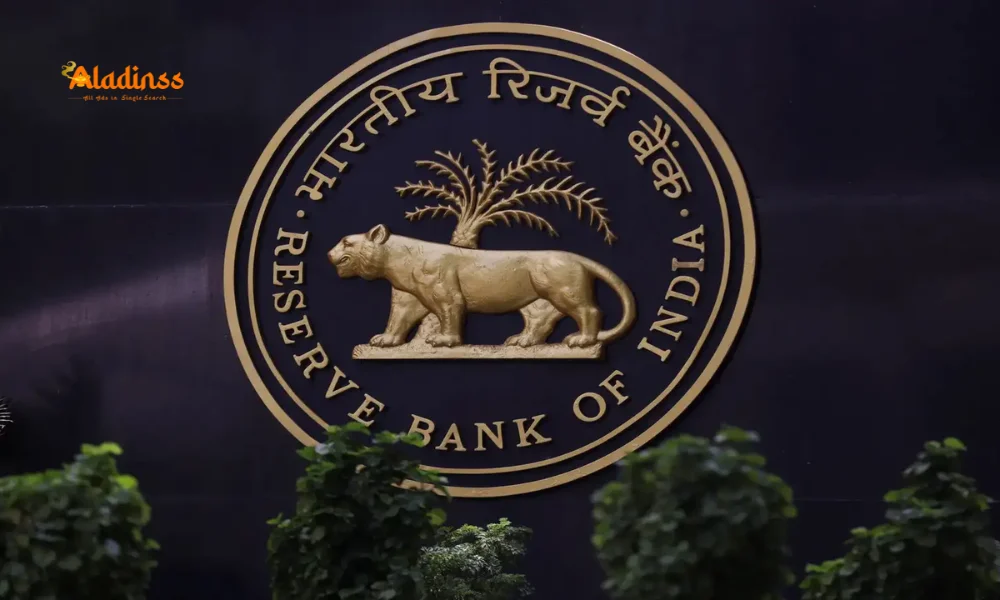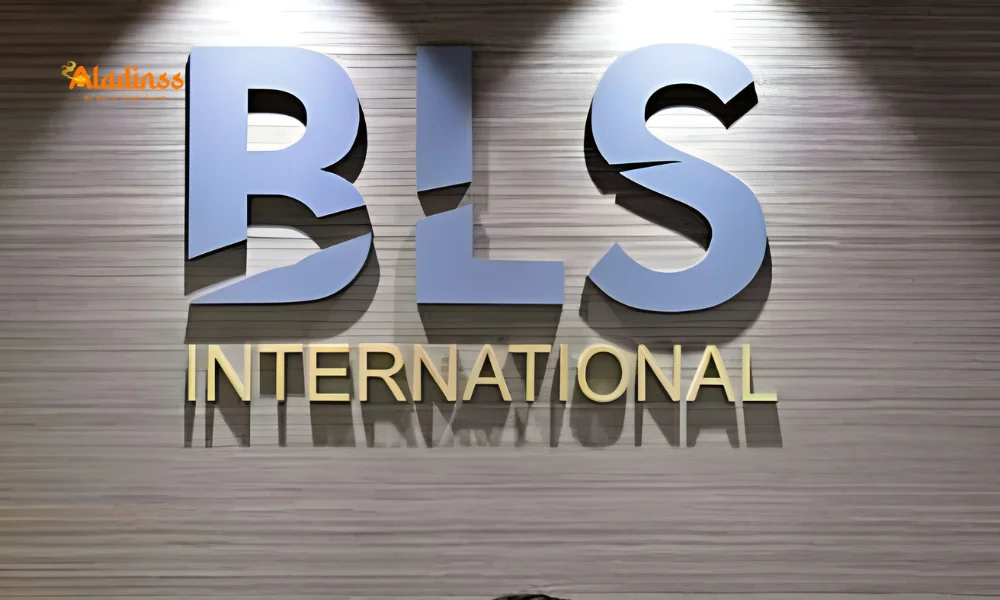Elon Musk’s $1 Trillion Tesla Pay Package: Ambitious Goals Ahead

Elon Musk’s Potential $1 Trillion Tesla Pay Package: Ambitious Goals for the Next Decade
Tesla CEO Elon Musk, already one of the world’s richest individuals, could become the first trillion-dollar executive if his electric vehicle company achieves a series of extraordinarily ambitious targets over the next 10 years. According to a regulatory filing released on September 5, 2025, Tesla has proposed a compensation package for Musk that could be worth up to $1 trillion, contingent on meeting aggressive milestones in market valuation, vehicle production, and advancements in robotics and artificial intelligence (AI).
Details of the Proposed Compensation Package
The proposed pay package is structured around 12 share tranches, each tied to specific performance targets. These awards would grant Musk up to 12% of Tesla’s stock, potentially increasing his stake from 13% to nearly 29%. If Tesla achieves a market capitalization of $8.5 trillion—more than double the current valuation of Nvidia, the world’s most valuable company—Musk could see a payout valued at approximately $1 trillion. The plan spans a decade, requiring Musk to remain with Tesla for at least 7.5 years to cash out any stock and 10 years to earn the full amount.
The initial milestone is formidable: Tesla must reach a market valuation of $2 trillion while delivering 20 million vehicles. For context, Tesla delivered fewer than 2 million vehicles in 2024. Additionally, the company must have 1 million robotaxis in commercial operation and deliver 1 million AI-powered humanoid robots, known as Optimus. These targets reflect Tesla’s shift toward becoming a leader in robotics and AI, beyond its core electric vehicle business.
Ambitious Operational and Financial Targets
Beyond market valuation and vehicle deliveries, the compensation plan includes other aggressive goals. Tesla’s adjusted EBITDA (earnings before interest, taxes, depreciation, and amortization) must reach $400 billion, a significant leap from the $16.6 billion reported in 2024. The company also aims to deploy 1 million robotaxis, a nascent business that began with a limited rollout in Austin in June 2025. Furthermore, Tesla must deliver 1 million Optimus robots, a project Musk has claimed could account for up to 80% of the company’s future value.
The plan also stipulates that Musk must participate in developing a framework for CEO succession to unlock the final two tranches of the award. This condition addresses concerns about Tesla’s long-term leadership, especially given Musk’s involvement in other ventures like SpaceX, xAI, Neuralink, and The Boring Company.
Challenges Facing Tesla
The proposed compensation package comes at a challenging time for Tesla. The company’s stock has declined by 25% in 2025, driven partly by controversy surrounding Musk’s political affiliations. His alignment with U.S. President Donald Trump and a far-right political party in Germany has led to significant backlash, particularly in Europe, where Tesla’s sales dropped 40% in July 2025 compared to the previous year. Meanwhile, the broader electric vehicle market has seen growth, with competitors like China’s BYD capturing a 1.1% market share in Europe compared to Tesla’s 0.7%.
Tesla’s financial performance has also raised concerns. In its most recent quarter, the company reported a sharp decline in profits, falling from $1.39 billion to $409 million. Revenue also dropped, missing Wall Street’s already lowered expectations. Intensifying competition from Detroit automakers and Chinese manufacturers like BYD, which is poised to surpass Tesla in global EV sales, adds further pressure. These challenges cast doubt on Tesla’s ability to meet the lofty targets outlined in Musk’s compensation plan.

Musk’s Influence and Voting Power
The proposed package would significantly increase Musk’s voting power within Tesla, potentially raising his stake to nearly 29%. This move follows Musk’s public statements about needing greater control to protect against being ousted by shareholder activists. The additional voting power would give him substantial influence over Tesla’s strategic direction, including potential investments in related ventures like xAI, Musk’s artificial intelligence company. A shareholder proposal to have Tesla invest in xAI is also on the table, raising questions about synergies versus conflicts of interest within Musk’s business empire.
Tesla’s board, led by Chair Robyn Denholm and director Kathleen Wilson-Thompson, has expressed strong confidence in Musk’s leadership, describing him as a “visionary leader” critical to achieving the company’s goals. However, critics argue that the scale of the compensation package is unprecedented and question whether any individual’s contribution could justify such a payout. Analyst Dan Coatsworth called the package “beggars belief,” while others have raised concerns about Musk’s divided attention across his multiple ventures and political activities.
Historical Context: Musk’s Previous Compensation Plans
This is not the first time Tesla has proposed a massive compensation package for Musk. In 2018, the company approved a $56 billion plan that awarded Musk stock options if he met ambitious milestones. Although those goals were initially seen as far-fetched, Musk achieved them, significantly boosting Tesla’s market value. However, a Delaware court struck down the 2018 package after shareholders argued it was excessive and lacked proper oversight. Tesla is currently appealing the ruling. In August 2025, Tesla granted Musk a $29 billion stock award as a “good faith” measure to retain him, citing his leadership across multiple companies.
The new plan builds on the 2018 framework but sets far higher targets, including profit goals 28 times greater than those in the earlier package. The board argues that Musk’s leadership has driven Tesla’s market capitalization to increase more than 20-fold since 2018, justifying the need for a new incentive structure to keep him focused on Tesla’s future growth.
Investor and Analyst Reactions
The proposed compensation package has sparked mixed reactions. Supporters argue that Musk’s vision and track record justify the extraordinary payout, pointing to his success in transforming Tesla into the world’s most valuable automaker. They believe that tying the award to performance-based milestones aligns Musk’s interests with those of shareholders. However, critics like analyst Gordon Johnson argue that Musk’s ambitious promises, such as fully autonomous vehicles, have often failed to materialize on schedule, potentially inflating Tesla’s stock value without delivering tangible results.
Investors will have the final say at Tesla’s annual shareholders meeting on November 6, 2025. The vote will determine whether Musk’s proposed package is approved, following the precedent set at the June 13, 2024, meeting, where shareholders voted to reinstate his $44.9 billion compensation package. Despite recent challenges, Tesla’s stock rose nearly 2% in pre-market trading after the announcement, signaling some investor optimism about Musk’s ability to drive future growth.
The Road Ahead for Tesla
Achieving the targets outlined in the compensation plan will require Tesla to overcome significant hurdles. The company must scale its robotaxi and robotics businesses while addressing declining EV sales and growing competition. Musk’s focus on AI and autonomous driving is seen as critical to Tesla’s future, but the company lags behind rivals like Waymo in the robotaxi space. Additionally, Tesla must navigate geopolitical and market challenges, including rebuilding consumer trust in key markets like Europe.
As Tesla pushes toward its ambitious goals, Musk’s leadership will be under intense scrutiny. The proposed $1 trillion pay package underscores the board’s belief in his ability to transform Tesla into the world’s most valuable company. Whether he can deliver on these lofty targets remains to be seen, but the stakes—for Musk, Tesla, and its shareholders—have never been higher.
Comment / Reply From
No comments yet. Be the first to comment!









